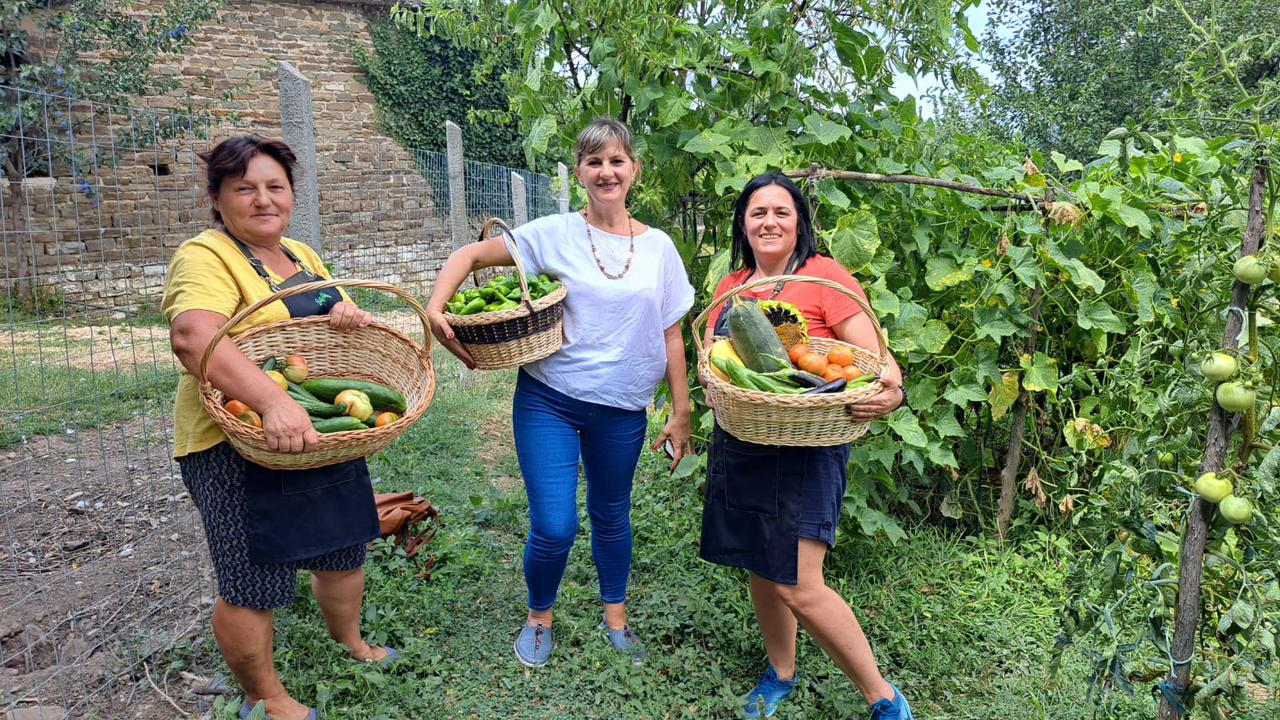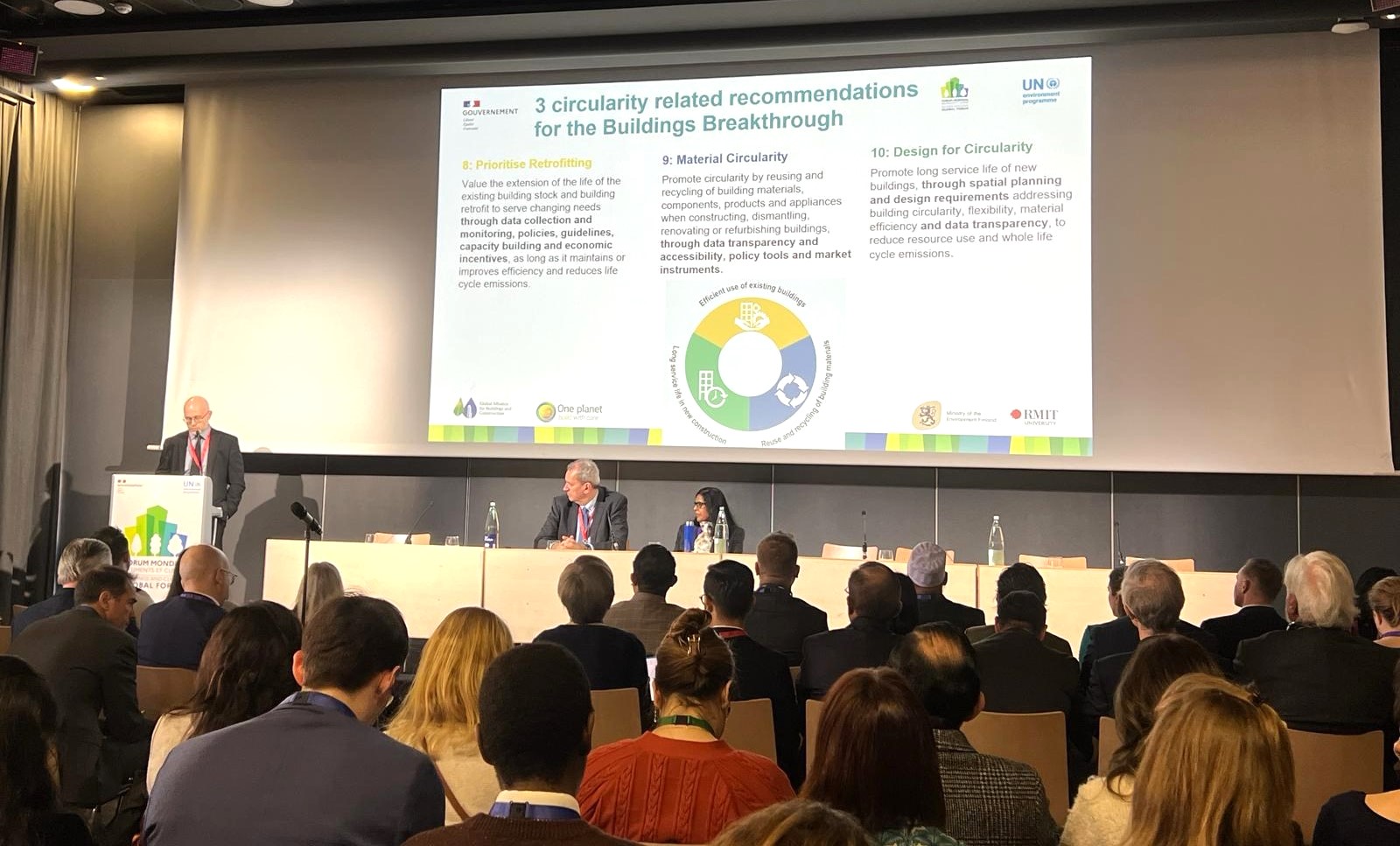Towards Food Sustainability: Reshaping the coexistence of different food systems in South America and Africa [AFFILIATED]
The main objective of the project is to provide evidence-based scientific knowledge for the formulation and promotion of innovation strategies and policy options that improve individual and aggregate levels of food systems’ sustainability. The emphasis is on finding ways to enhance collaboration within and between coexisting food systems.
The project is aimed at analysing the outcomes and trade-offs of different coexisting food systems in terms of their individual and aggregate contributions to food security, the right to food and other related human rights, reduction of poverty and inequality, environmental performance, and social-ecological resilience. This concept of food sustainability based on five principles (Figure 1) forms the normative background that guides the identification of innovations and policy options for making food systems more sustainable, in terms of both their internal structures and their coexistence and interactions.
The main objective of the project is to provide evidence-based scientific knowledge for the formulation and promotion of innovation strategies and policy options that improve individual and aggregate levels of food systems’ sustainability. The emphasis is on finding ways to enhance collaboration within and between coexisting food systems. The project adopts a transdisciplinary research approach, as this is one of the most effective ways of dealing with the complexities and uncertainties that have to be considered when investigating factors that shape the sustainability of food system. A transdisciplinary approach means organizing a process of knowledge co-production between researchers and food system stakeholders; this will include production of target or normative knowledge (expressed here in the five principles of food sustainability), systems knowledge (i.e. understanding of food systems in terms of the proposed research questions), and transformation knowledge (i.e. identification of innovations and policy options for improving food systems’ sustainability). Empirical research on the impacts of interactions between different food systems has been carried out by more than 30 researchers from Bolivia, Kenya and Switzerland, based on six case studies in Bolivia and Kenya, and in the future in four secondary case studies in other countries of South America and Africa. Production of transformation knowledge is closely related to the project’s strategy of communication and implementation of research results. It is organized around the development of a “Food Sustainability Assessment Framework (FoodSAF)” that can be used by non-scientific actors to find innovations and policy options for making food systems more sustainable.
Image

Project start date
28/02/2017
Project end date
28/02/2017

